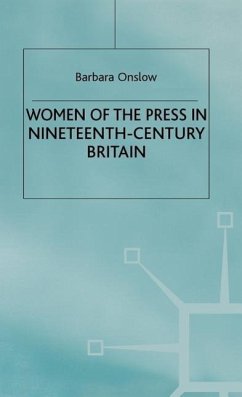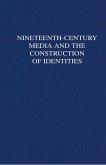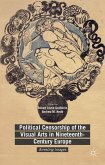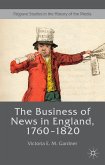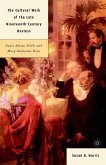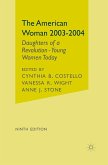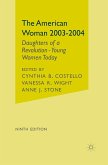To 19th-century writers the dynamic periodical press seemed both an influential medium and a means to pay the bills. A suprising number of women, despite limited education, parental opposition and the competitive nature of this developing profession sought to earn a living through journalism. Others saw the press as a valuable mechanism for educating the masses or a powerful channel for influencing public opinion. How did these women fare in Grub Street? Could they harness the power of the press? Who were the "lady journalists"? The women featured in this book range from Mary Russell Mitford to Flora Shaw to Margaret Gatty. Drawing on varied contemporary sources - memoirs, letters, magazines, journals, newspapers, and contemporary fiction about journalism - and her own database covering hundreds of women, Barbara Onslow assesses their contributions to journalism and how it affected the careers of writers as diverse as George Eliot, Elizabeth Gaskell, Anna Maria Hall, and Mary Braddon and Charlotte Yonge.

